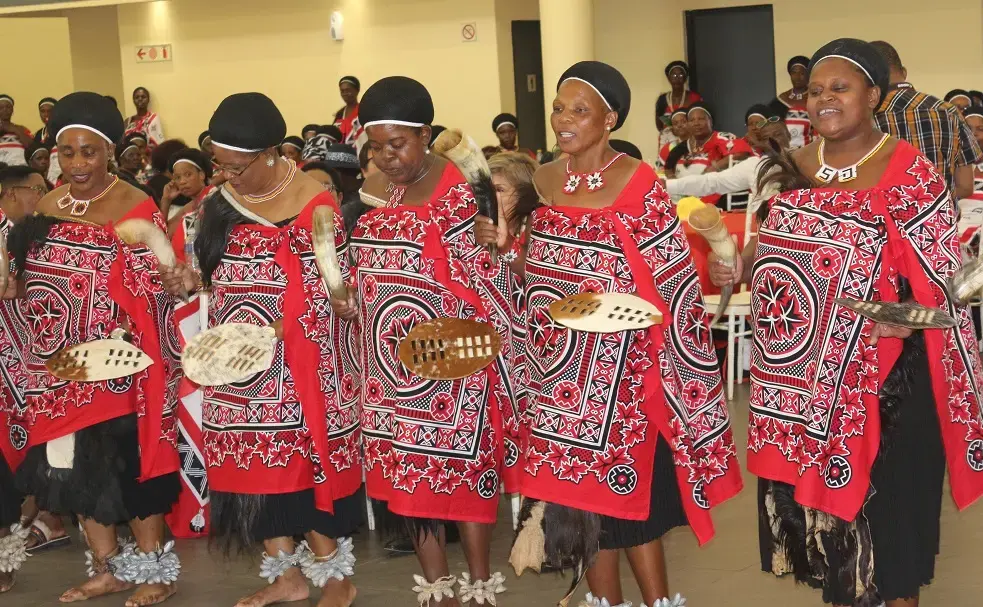Sexual and reproductive health is a state of complete physical, mental and social well-being in all matters relating to the reproductive system. It implies that people are able to have a satisfying and safe sex life, the capability to reproduce, and the freedom to decide if, when, and how often to do so.
To maintain one’s sexual and reproductive health, people need access to accurate information and safe, effective, affordable and acceptable contraception method of their choice. They must be informed and empowered to protect themselves from sexually transmitted infections including HIV. And when they decide to have children, women must have access to services that can help them have a healthy pregnancies, safe deliveries and healthy babies.
In Swaziland, HIV and AIDS is by far the most pressing sexual and reproductive health challenge, with an estimated HIV prevalence of 26 % among the population aged 15-49 years. The maternal mortality ratio, currently estimated at 593/100,000 live births the maternal mortality is high. Adolescent birth rate still remains high, though having declined from 111 births per 1,000 adolescents aged 15-19 years in 2007 to 87 births per 1,000 in 2014. The contraceptive prevalence rate in the country is high (66%) and the unmet need for family planning currently stands at 15%.
UNFPA Swaziland works with the government and civil society partners to strengthen the national capacity to deliver integrated sexual and reproductive health and HIV-prevention programmes that are free from stigma and discrimination, including in humanitarian settings. UNFPA supports the development of integrated essential services protocols, guidelines and quality-assurance tools for integrated SRH and HIV-prevention services targeting young people, particularly the poorest, rural-based and low-educated adolescents and young women. The programme also supports the Ministry of Health to build the capacity of health service providers to deliver integrated non-discriminatory adolescent youth-friendly health services. UNFPA also supports knowledge generation and advocacy to enable provision of high-quality integrated and equitable SRH services, including improved maternal health, as well as technical assistance to integrate SRH and HIV in health sector emergency preparedness plans. Support to the coordination of a comprehensive national condom programme is also a core strategy.




